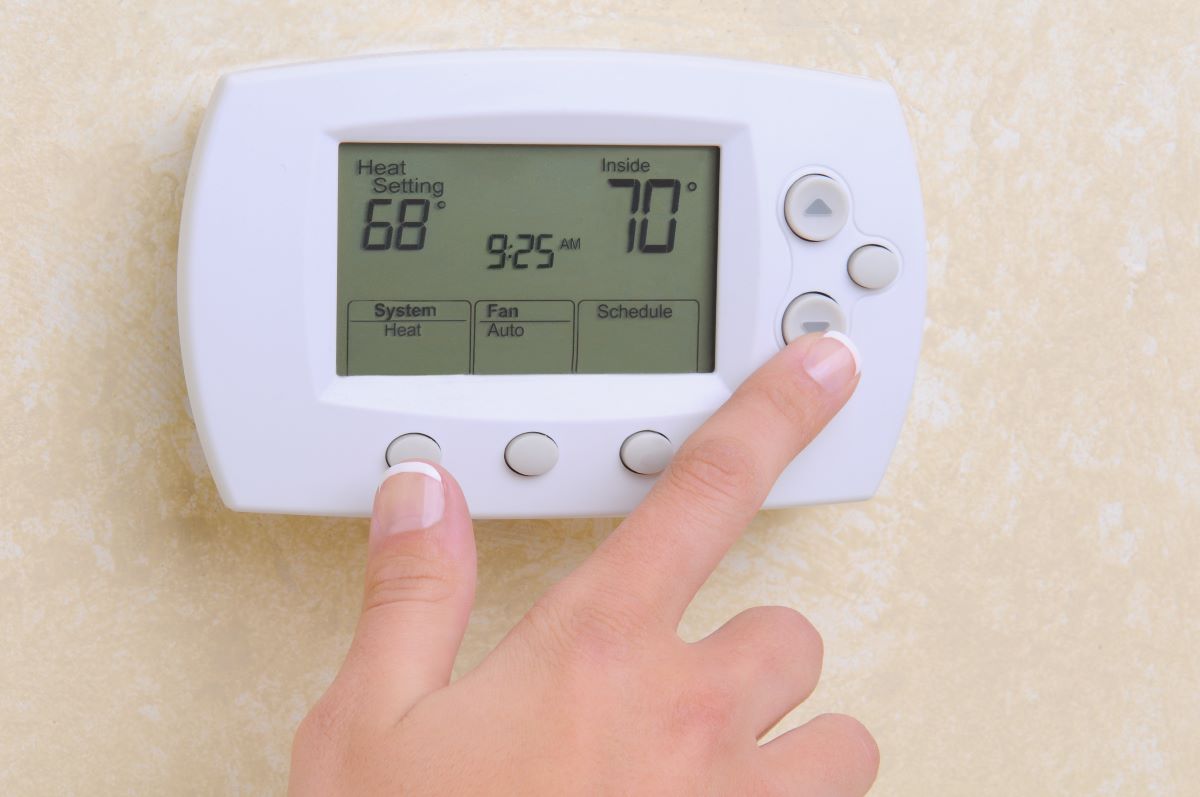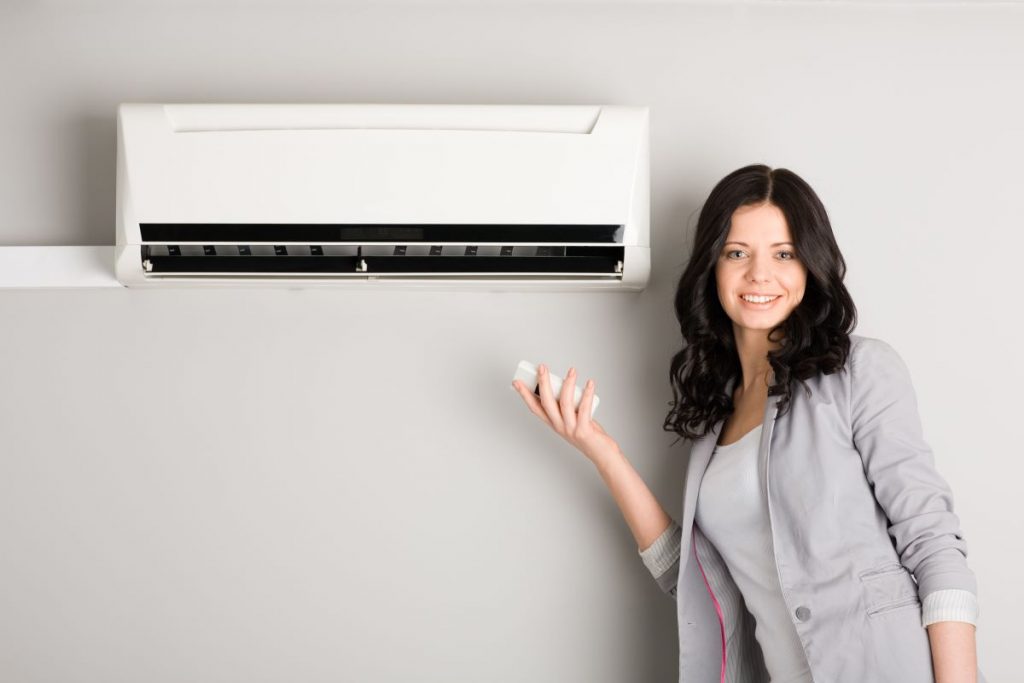If you’re thinking of getting your HVAC (heating, ventilation, and air conditioning) system upgraded or you’re still in the market for a new one, the first question that will pop in your head is this:
What types of air conditioning and heating units can you choose from, and which one is the right one for your humble abode?
And as a homeowner, you’d want the best for your home. You’d want to make your home as comfortable as you can with the necessary appliances and furniture, and you’d want it to be prepared to face the changing seasons every year.
Why do you need HVAC systems?
Having a comfortable home is essential, especially if you live with children and older adults. They tend to be more sensitive to heat and cold, so having a trusty HVAC system can prevent problems from arising when the weather gets to undesirable levels.
Another thing to consider when looking for the right type of HVAC system for your house is to pick the ones that will last long with running only to minimal to no hiccups, especially when they’re new. The last thing you want is to spend a huge amount of money on heating and air conditioning system repairs because you didn’t go with a solid system.
To help you in picking the right units for your house, here are the four types of systems you should know about:
1. Split Heating and Air Conditioning System
A split unit has one unit installed outdoors that houses the condenser and compressor, and another unit installed indoors has the evaporator coil and air blower. Split central air conditioning systems are popular among residential properties. They’re easy to install, especially if the house already has a furnace or a heat pump.
This type might take a little more space than other types with the heating and cooling systems combined, but they prove to be slightly more efficient because the two systems are allowed to work independently of each other.

2. Hybrid Heat Pump System
This type of HVAC system houses a heat pump powered by electricity and is also used together with an installed furnace system to burn fuel oil, propane, or natural gas. The label heat pump doesn’t mean it only produces heating. This type of system also cools the indoor environment.
With a hybrid system, you can cool and heat your home efficiently with a single system. This is cost-effective when you think about how much you’ll be spending on repair, maintenance, and cleaning services.
This HVAC system will also help you save energy because it functions both ways during hot and cold seasons by taking out hot or cold air and blowing it into your home.
3. Ductless Mini-Split Heat Pump
For small spaces, a ductless HVAC system would be a good fit. Ducts require a lot of space for efficient installation. With a duct-free HVAC system, you can save on space and install this type of system along with other ducted HVAC units.
They’re installed directly in the areas of your home where you’ll need heating and cooling. Meaning, you’ll only be allotting spaces for the unit in parts of your house you want cooled or heated. A good plus is that they take significantly less space, making them ideal for small spaces.
4. Packaged Heating and Air Conditioning System
A whole package of an HVAC system contains the evaporator, condenser, and compressor in a single unit. A packaged HVAC system is often installed on roofs or near a foundation. They’re installed in high and open spaces because they produce heat while operating and are typically big in size.
This packaged unit is perfect for residential and commercial spaces without enough space for split HVAC systems. You’ll often spot these packaged systems in small commercial and residential properties. They often work in pairs with furnaces and electric coils to produce heat.
Which one is the right system for you?
This will be answered if you know where you’ll need the HVAC system. Are you going to use it for a commercial or residential space? If you’ve answered that, you need to find out which type is perfect for the space you have.
A lot goes on in installing an HVAC system, but it’s worth the process. You’ll need it throughout the year, and there’s very little time that you won’t. When making a choice, be sure to factor in how much space and money you’re willing to give out to own a reliable system.

